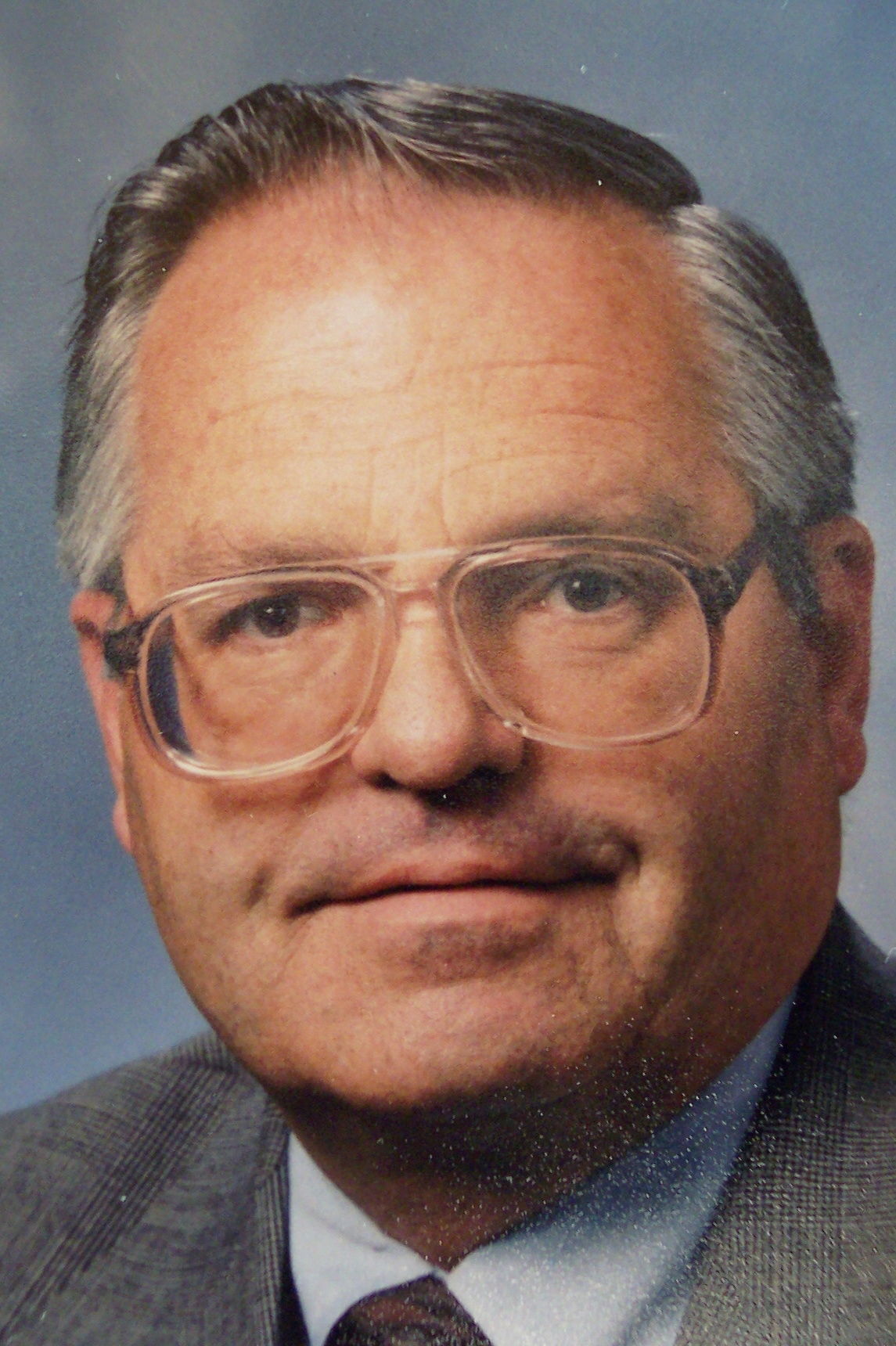The eSTAR Submission Program For 510(K)S, IDES, DE NOVOS, PMAS, And Q-Submissions
Learn More
The regulation and control of new or substantially changed medical devices for sale in the US is based on the 510(k), PMA or DeNovo submission process; 510(k)s now can only be submitted to the FDA under the eSTAR (electronic Submission Template And Resource) Portal. Other submissions will be phased in using new guidance templates as they become available.
For decades, the regulation and control of new or substantially changed medical devices for sale in the United States (no matter where manufactured has been based on a paper and e-copy 510(k), PMA or DeNovo submission and FDA review process. That has all changedd as of October 2023. Now a 510(k) clearance for Class II devices required prior to comercialization, can only be submitted for review through the Agency's new eSTAR portal. IDEs, DeNovos, or of a higher risk requiring clinicals, the PMA, will be required to be submitted electronically through eSTAR at later dates as new guidance templates for each are published by the Agency. The 510(k) process has had some recient modification to allow for newer technology (Breakthrough) or increased safety (STeP). And new Cybersecurity, Machine Learning and Artificial Intelligence features add additional complexity to the process.
Why You Should Attend:
This webinar will discuss current US Federal law on the 510(k), IDE, DeNovo, and PMA and associated requiements for getting a new or substantially changed medical device through the US FDA review process and to market in the USA. US law and the FDA require that a device be the subject of an approved marketing application before it is transported or distributed across state lines. While ultimately all submissions will be by electronic means under the FDA's eSTAR submission template, currently only 510(k) have a final submission eSTART submission guidance, required to be used as of October 1, 2023. Other templates will be released in the future. Two Guidance documents,
1) a "Parent" / covering guidance discusses the entire eSTAR program for all types of submissions, and
2) the first, now finalized and operative as of October 2023, specific Guidance template, for 510(k)s, under the eSTAR program.
Areas Covered in the Session :
- The new eSTAR Device Submissions and the US FDA
- The 510(k) process
- The "Parent" eSTAR Guidance
- The first specific Guidance, the 510(k) eSTAR Submission Template
- Cybersecurity Submission Requirements
- New 510(k) Mod program and Q-Sub
- Machine Learning and Artificial Intelligence Issues - FDA "Principles"
- Post-market requirements
Who Should Attend:
- Senior management in Devices, Combination Products
- Quality Assurance Departments
- Regulatory Affairs Departments
- Research and Development Departments
- Manufacturing Departments
- Engineering Departments
- Operations Departments
- Production Departments
- Medical Device product development teams
- Consultants; others tasked with device product development, manufacturing, process / product / data analysis, regulatory submission responsibilities
Course Director: JOHN E. LINCOLN
 |
|